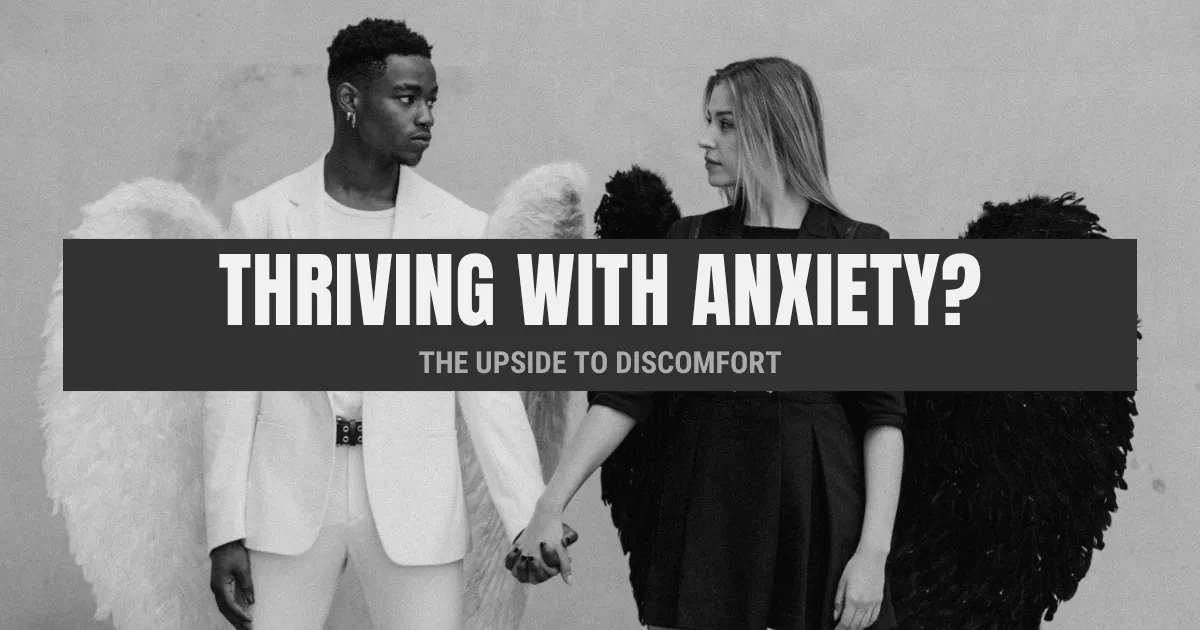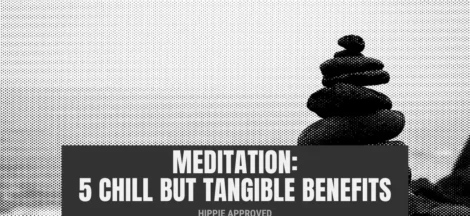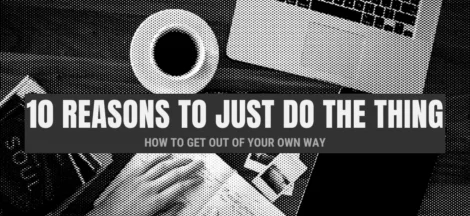Anxiety often gets a bad rep. It is often thought of as an undesirable negative emotion. The faster we eliminate it from our lives, the better.
I would also consider myself someone who used to think along the same lines. “It’s just a chemical imbalance in our brains,” they’d tell me. And I subscribed to that view, at least until I stumbled upon recent research and insights from experts that suggests otherwise. Experts suggest that anxiety can actually have a positive side and that understanding and embracing it can really help us to thrive in various areas of our lives.
Here are four experts that agree
1. Lori Gottlieb, author of “Maybe You Should Talk to Someone”
According to Lori, anxiety can be a helpful warning signal that something in our lives is not aligned with our values or desires. It can prompt us to take action and make positive changes, such as seeking a new job, setting better boundaries in our relationships, or making healthier lifestyle choices.
2. Oliver Burkeman, author of “The Antidote”
Oliver Burkeman argues that anxiety can be a source of motivation and inspiration. It can push us to step out of our comfort zones, take risks, and pursue our goals and passions with greater intensity and focus.
3. Don Joseph Goewey, author of “The End of Stress”
Don highlights the role of anxiety in enhancing our creativity and problem-solving skills. When we feel anxious, our brains go into a state of heightened alertness and awareness, which can lead to more innovative ideas and solutions.
4. Randolph M. Nesse, author of “Good Reasons for Bad Feelings”
Randolph emphasizes the evolutionary purpose of anxiety. Our ancestors needed to be vigilant and on guard to survive in dangerous environments, and anxiety was a helpful tool for detecting and responding to potential threats.
Anxiety could be:
- Signalling us to take action and make positive changes as we might be unhappy in our current situation.
- Making us aware of our self-imposed limits and constraints. Remember, breakthroughs are had on the cusp.
- It might be the flipside of your creativity and problem-solving ability.
- Its original purpose was to alert us of threats and keep us safe. There was a good reason for its existence, being aware of it can help mitigate the physiological symptoms.
Rather than trying to suppress or ignore it, we can learn to embrace and utilize it to our advantage.
It’s important to acknowledge that anxiety is a natural and common experience that we all face at different points in our lives.
When we feel anxious about a particular situation, we can reflect on what it’s telling us about our values and desires. We can use it as a motivator to pursue our goals and take positive action. We can also harness its creative energy to generate new ideas and solutions.
Of course, it’s important to note that anxiety can also be overwhelming and debilitating, and seeking professional support may be necessary in some cases. However, by reframing anxiety as a potentially helpful emotion rather than a purely negative one, we can start to see its upside and use it to our advantage.
My Personal Experience
As written in this article, I realised that my anxiety had a flip side. It was the discovery of the fact that I’m overly analytical and pay attention to minor details when it comes to things that I find interesting or enjoyable.
Doing research on topics of interest, to the point of obsession comes naturally. Thus making my anxiety the application of my overtly analytical self but in an area where it isn’t particularly helpful or useful.
Final Thoughts
To conclude, anxiety is not always a negative emotion to be feared and avoided. By understanding its potential benefits and learning to harness its energy, we can use anxiety to help us thrive and achieve our goals. So the next time you feel anxious, take a moment to reflect on its message and consider how you can use it to your advantage. Remember, you alone can decide to be a friend or foe.



 Make Problem-Solving a Fun Habit
Make Problem-Solving a Fun Habit